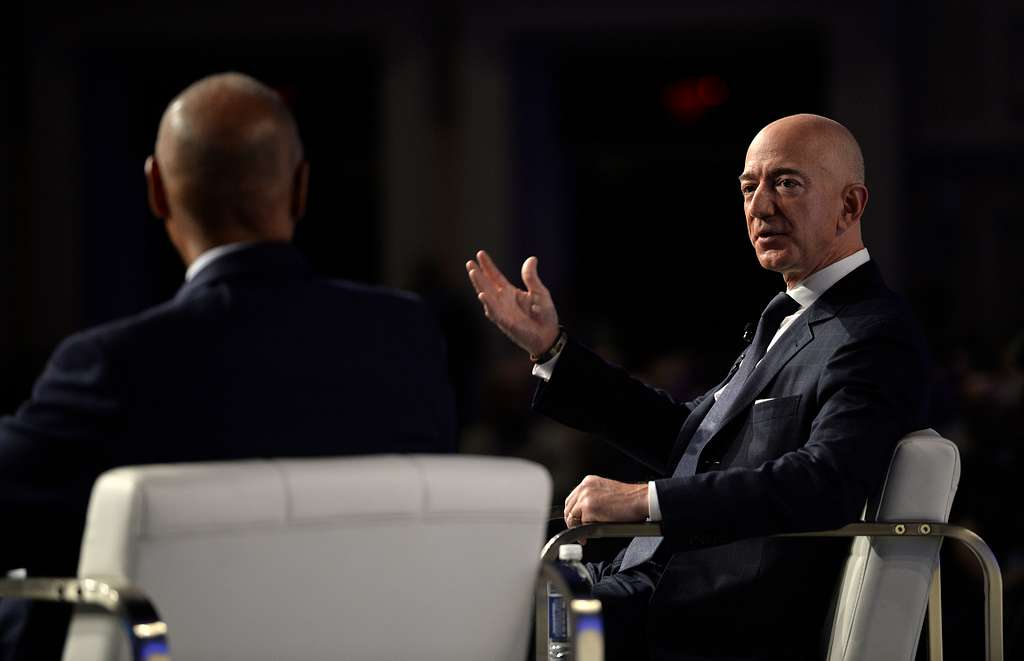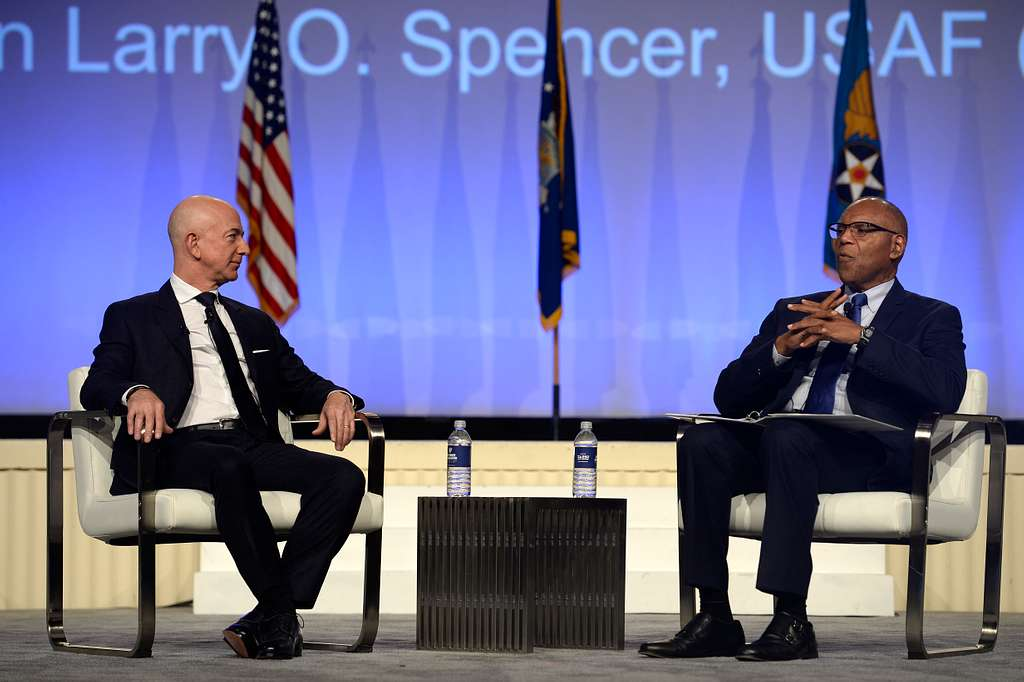In the fast-paced world of business, few names resonate as powerfully as Jeff Bezos. As the founder of Amazon, his relentless drive and innovative spirit have reshaped the retail landscape. Yet, beyond the headlines of his entrepreneurial success lies an intriguing aspect of his life—his approach to work-life balance.
Jeff Bezos Work Life Balance
Jeff Bezos emphasizes work-life harmony rather than strict separation. His philosophy aligns professional achievements with personal fulfillment, reflecting his approach to balancing work life. Bezos believes energy drives work-life balance, not rigid boundaries. Maintaining high energy levels during work hours facilitates better engagement with personal life, mitigating burnout. This concept resonates with his decision-making process, where he suggests prioritizing tasks that add value to both work and life.
The Concept of Work-Life Balance
Work-life balance involves managing professional responsibilities while also enjoying personal pursuits. Jeff Bezos, known for redefining this balance, emphasizes harmony and energy as crucial components.
The Traditional View
Traditionally, work-life balance means separating work from personal life. This often translates to fixed work hours and distinct personal time. In the past, many adhered to this view, believing strict separation ensures productivity and well-being. Companies typically expected employees to prioritize work during business hours while personal activities occurred outside these times.
Changing Perspectives
 Modern views on work-life balance, shaped by leaders like Jeff Bezos, prioritize energy and harmony. People now consider flexibility and integration key. Many professionals blend work and personal life, supported by remote work options and flexible schedules. This shift recognizes that high energy levels and personal fulfillment contribute to professional success, leading to more innovative and adaptable approaches to achieving work-life balance.
Modern views on work-life balance, shaped by leaders like Jeff Bezos, prioritize energy and harmony. People now consider flexibility and integration key. Many professionals blend work and personal life, supported by remote work options and flexible schedules. This shift recognizes that high energy levels and personal fulfillment contribute to professional success, leading to more innovative and adaptable approaches to achieving work-life balance.
Jeff Bezos’ Approach to Work-Life Balance
Jeff Bezos, known for his influential role in the retail industry, provides insights into achieving harmonious work-life balance. His approach emphasizes integration rather than separation.
Personal Time Management
Bezos prioritizes personal time management by focusing on energy levels. He believes high energy not only increases productivity but also enhances personal engagement. By identifying tasks that simultaneously benefit work and life, he ensures time is effectively utilized. Bezos allocates periods for family and relaxation, understanding that personal fulfillment boosts creativity and innovation. His strategy revolves around maintaining a balance that fosters both personal well-being and professional success.
Impacts on Amazon’s Culture
Jeff Bezos’s approach to work-life balance has significantly influenced Amazon’s culture, fostering an environment that values both personal and professional growth. His focus on energy and harmony affects two primary aspects: innovation and employee expectations.
Innovation and Productivity
Amazon thrives on innovation, with Bezos’s work-life balance ethos driving creativity and high productivity. By promoting alignment between personal well-being and professional tasks, employees manage their energy efficiently, leading to inventive solutions and new ideas. This harmonious culture encourages risk-taking and experimentation, contributing to Amazon’s continuous advancement and market leadership.
Employee Expectations
Expectations at Amazon have evolved under Bezos’s principles, valuing flexibility and personal development. The organization emphasizes an integrated approach, allowing employees to balance work responsibilities with personal life. As a result, staff experience improved well-being, which enhances job satisfaction and retention. This work-life balance strategy aligns employee interests with Amazon’s mission, fostering a dedicated and motivated workforce.
Challenges and Criticisms
Jeff Bezos, despite his advocacy for work-life balance, faces various challenges and criticisms regarding his approach.
Media and Public Perception

Media scrutiny often highlights the intense work culture at Amazon. Critics argue that the company’s high-pressure environment contradicts Bezos’s advocacy for work-life balance. Reports of demanding conditions contribute to a public perception that questions the feasibility of balancing personal and professional life within Amazon. These narratives suggest a gap between Bezos’s work-life balance philosophy and the reality experienced by employees. Yet, Bezos maintains that efficiency and energy are crucial to achieving this equilibrium.
Lessons from Jeff Bezos

Jeff Bezos demonstrates a unique approach to work-life balance by integrating personal and work commitments. He prioritizes energy management, believing that high energy enhances personal engagement and professional output. Bezos exemplifies prioritizing tasks that add value to both spheres, encouraging individuals to focus on what matters most. By setting boundaries around time for family and personal interests, he establishes a harmonious balance that fosters creativity and problem-solving, crucial for business success.
In Short
Jeff Bezos’s approach to work-life balance offers a compelling model for modern professionals. By focusing on energy management and integrating personal and professional commitments, he demonstrates how individuals can achieve harmony and enhance both creativity and productivity. His philosophy challenges traditional boundaries, advocating for a more flexible and fulfilling approach. Despite criticisms, Bezos’s strategies highlight the importance of aligning work with personal values, fostering a culture of innovation and satisfaction. For those seeking to balance career aspirations with personal well-being, Bezos’s insights provide valuable lessons on achieving success without sacrificing personal fulfillment.



